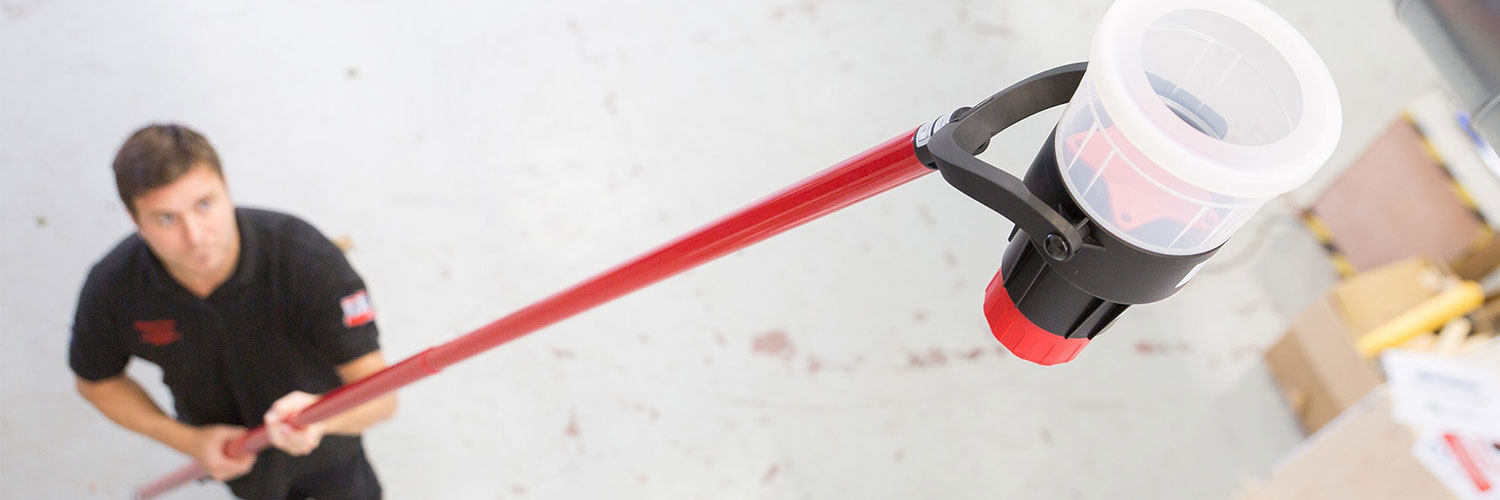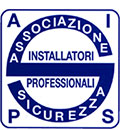
The maintenance of fire detection systems is provided by Legislative Decree no. 81 of 2008 – Single text on the health and safety of workers and employees at work place. In particular, that decree provides that “maintenance and checks on fire protection installations and equipment must be carried out in accordance with the laws and regulations in force, the rules of good practice issued by the standardization European or, of these rules of good technical rule, from the instructions provided by the manufacturer and / or installer.
FIRE DETECTION REGULATIONS – UNI 11224/2007
SUMMARY:
Published in March 2007 the new UNI 11224 standard – Initial Control and Maintenance of Fire Detection Systems. The standard describes the procedures for initial control, monitoring and periodic monitoring, maintenance and review of automatic fixed detection systems, manual signaling and fire alarm systems. The purpose of maintenance activities is to verify the functionality of the equipment and not its effectiveness, referring to UNI 9795.
The UNI11224 standard applies to both new and existing systems.
NORMATIVE REFERENCES REQUIRED TO 11224
Uni 9795- uni en 54 – cei 64 -8 Electrical system users at rated voltage users not exceeding 1000 V AC and DC 1500 V. CEI EN 60079-17 Electrical installations for explosive atmospheres for the presence of gases – Part 17: Verification and maintenance of electrical installations in places where there is a risk of explosion by the presence of gases (other than mines). Apart from the definitions in UNI 9795, UNI11224 refers to other terms, including the following, taken entirely by DM 10/03/98: Controls
Surveillance: visual inspection to verify that fire-fighting equipment and installations are in normal operating conditions, are readily accessible and do not cause material damage acceptable through visual examination. Surveillance can be performed by staff normally present in protected areas after receiving appropriate instructions.
Periodic check: a set of operations to be carried out at least once every six months to verify the complete and correct functionality of equipment and installations.
Maintenance: Operation or intervention aimed at maintaining equipment and installations in good condition and in good condition
Ordinary maintenance: operation carried out locally, with tools and tools of current use. It is limited to small repairs, only for the use of small parts or use of consumable materials for use or the replacement of parts of modest value expressly provided.
Extraordinary maintenance: maintenance intervetion that can not be carried out locally or which, while being carried out locally, requires means of particular importance or special equipment or equipment, or involves replacement of entire plant parts or complete replacement or replacement of appliances for which is not possible or convenient to repair.
Initial Check: check carried out to verify the complete and correct functionality of the equipment and connections and the positive correspondence with the documents of the executive project.
Formal delivery of a system: delivery of the system to the buyer with delivery of project documentation and declaration of conformity according to the law in force.
System start-up: practical operation phase, consisting of a series of functional controls and visual checks performed on system components, conducted by specialized personnel during the control.
Plant review : accurate and particular monitoring of the system, whose periodicity and methodology of which depends on the normative and legislative requirements relating to the individual components used or the instructions of the manufacturer of the equipment used.
System Officer: Employer or person appointed by him (delegate) according to the legislation in force.
ENVIRONMENTAL CONDITIONS DURING TESTING AND NORMATIVE VERIFICATION FIRE DETECTION
The UNI 11224 standard specifies in detail the ideal test conditions for each maintenance phase and precisely:
– During the initial control phase
– During the surveillance phase
– During periodic inspection, maintenance and revision phase
– During operations in hazardous areas
In general, the conditions must coincide with those existing during the ordinary operation of the systems, they must not determinate hazardous conditions for people, cause unwanted actions or cause damage to things.
Operations must be agreed with the responsible security officer, who should identify countermeasures necessary to avoid conditions that could cause panic and discomfort in people in the affected areas (all people who can be reached by optical / acoustic signals must be informed in advance).
Check the condition of cleaning of the equipment, these conditions must be ensured even after the test run is completed and in the case of gas extinguishing systems, prevent the control devices from being accidentally activated.
INSTRUMENTATION AND DOCUMENTATION TO BE USED DURING TESTS
UNI 11224 specifies in detail the documentation and the equipment to be used during the various maintenance phases, within each of the following tests:
– Test of the plant
– Test of point smoke detectors
– Test of linear smoke detectors
– Test of point temperature detectors
– Test of linear temperature detectors
– Test of suction detection systems
– Test of fire alarm buttons
– Test of point flame detectors
– Testing of optical / acoustic signalers
– Test of extinguishing system actuators
– Test of switching devices
In general, before operating on a system, it is necessary to make at least the following:
manuals, design drawings and project documentation, benchmarks or test procedures of the manufacturesof istalled equipment, electronic instrumentation (at least the use of a multimeter is raccomended), test istruments made by the manufactures of detection devices specially used to produce alarm simulations (telescopic rods, smoke test canisters, heating devices, dimming filtersfor linear optical detectors, etc.)
UNI 11224 specifies the operations to be performed in the following procedures and checks :
– Pre check procedures
– Functional control procedures
– Checking the status and directions of the control unit
– Checking the effectiveness of local signaling system
– Verification of the conditions and alarm signalling
Verification the conditions and fault repost for:
– Detection lines on analog or addressed detectors
– Detections lines on conventional detectors
– Monitored command lines
– Checking the status of power sources
– Specials system
REGISTRATION OF TESTS
– UNI 11224 specifies the method of registration and subscription of the documents relating to the tests and controls to which it refers .
– Exemples of checklist to be used for tests and controls are given in appendices A and B. At least one copy of the checklists must be kept by the person in charge of the procedure and attached to thje maintenance and control log. Documents must be signed, at least, by the technician who conducted the tests and by the persons delegated by the employment at which the test were carried out.





